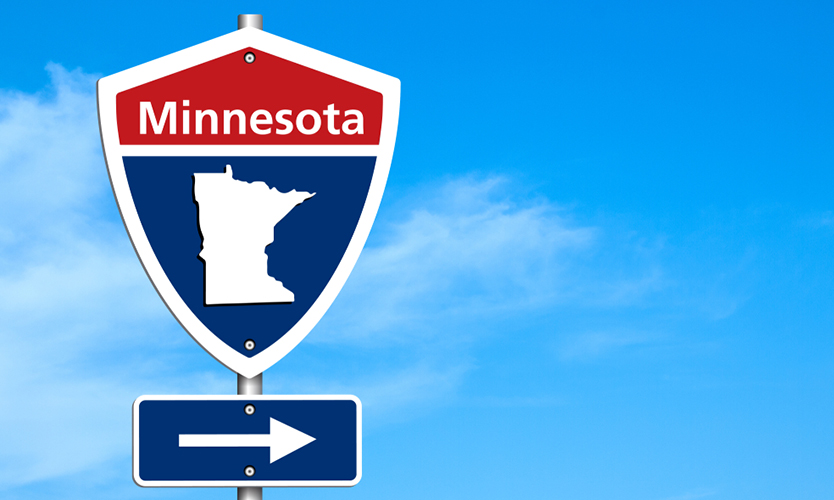Employer off hook for rehab after injury resolution
- March 29, 2025
- Posted by: Web workers
- Category: Workers Comp

An employer does not have to pay for rehabilitation received after a physician determined that a printing company employee’s ankle injury had healed.
In Ewing v. Print Craft Inc., the Minnesota Supreme Court unanimously held Thursday that the Minnesota Workers Compensation Court of Appeals erred in imposing liability on the employer for rehab services after resolution of the worker’s injury.
Damon Ewing worked for commercial printing company Print Craft Inc. based in New Brighton, Minnesota. In December 2015, he sprained his left ankle after slipping on ice and falling while leaving work. He received medical treatment and was being evaluated to determine whether he had developed complex regional pain syndrome. On April 20, 2016, he began receiving rehabilitation services from Ann Brown, a qualified rehabilitation consultant, and she began to attend doctor’s appointments with Mr. Ewing and corresponded with the insurance adjuster. Ms. Brown also submitted a rehabilitation plan with an anticipated end of services and return to work of Aug. 31, 2016.
Mr. Ewing continued to receive rehab for his ankle, and also self-reported symptoms of pain and twitching in his arm, short-term memory loss, headaches and tinnitus, claiming that CRPS had spread to his left arm and right shoulder and that he suffered a concussion when he fell that was causing him cognitive issues.
In September 2016, Print Craft said it would no longer pay for the rehab services. In November 2016, physician performed an independent medical examination of Mr. Ewing and found that he did not suffer from CRPS or any other work-related injury aside from the ankle injury. Physicians at the Mayo Clinic also found that Mr. Ewing did not have CRPS and determined that his work-related injury had resolved by April 20, 2016.
Mr. Ewing continued to receive rehab, and Print Craft filed a notice of intent to discontinue benefits and requested termination of his rehab plan on April 6, 2017.
A compensation judge found in favor of Print Craft, holding that Mr. Ewing’s injury had resolved April 20, 2016. Ms. Brown, the rehabilitation consultant, appealed the decision, arguing that the compensation judge erred in denying her claim for rehab services provide between September 2016 and April 2018. The Workers Compensation Court of Appeals reversed the decision, holding that Print Craft needed to provide notice and show good cause to terminate the rehabilitation plan. The court concluded that the cutoff date for services should be April 6, 2017 — the day Print Craft filed a rehabilitation request for assistance.
Print Craft filed a petition for review with the Minnesota Supreme Court, which was granted. The state’s high court reversed the decision.
Minnesota statutes state that once a rehab program is in place, an employer must pay for the services, the court said, but an employer’s liability ends when the worker is no longer disabled. Since the compensation judge found that Mr. Ewing’s work-related injury had resolved by April 20, 2016, rehab received after that time was not “reasonable, necessary or casually related” to his Dec. 1, 2015 injury. Since Mr. Ewing did not appeal this finding, and the rehabilitation consultant did not challenge the factual findings on those grounds, the court held that the appellate court erred in its determination.
The consultant knew that Print Craft had denied primary liability for any injuries other than Mr. Ewing’s sprained ankle as early as September 2016, and had emails confirming that denial. As a result, the court held that Ms. Brown “assumed the risk of non-payment,” and reinstated the decision of the compensation judge.



